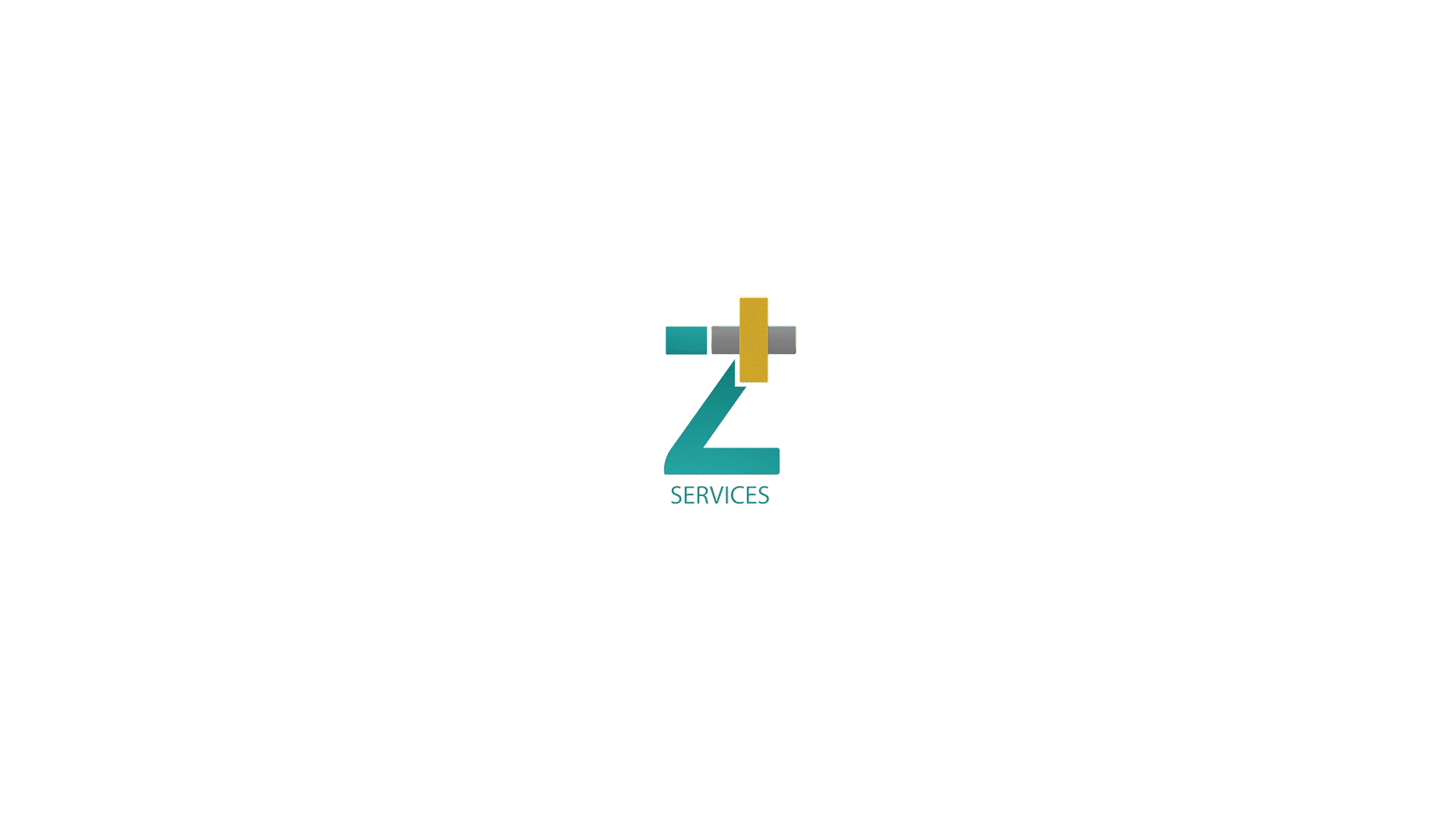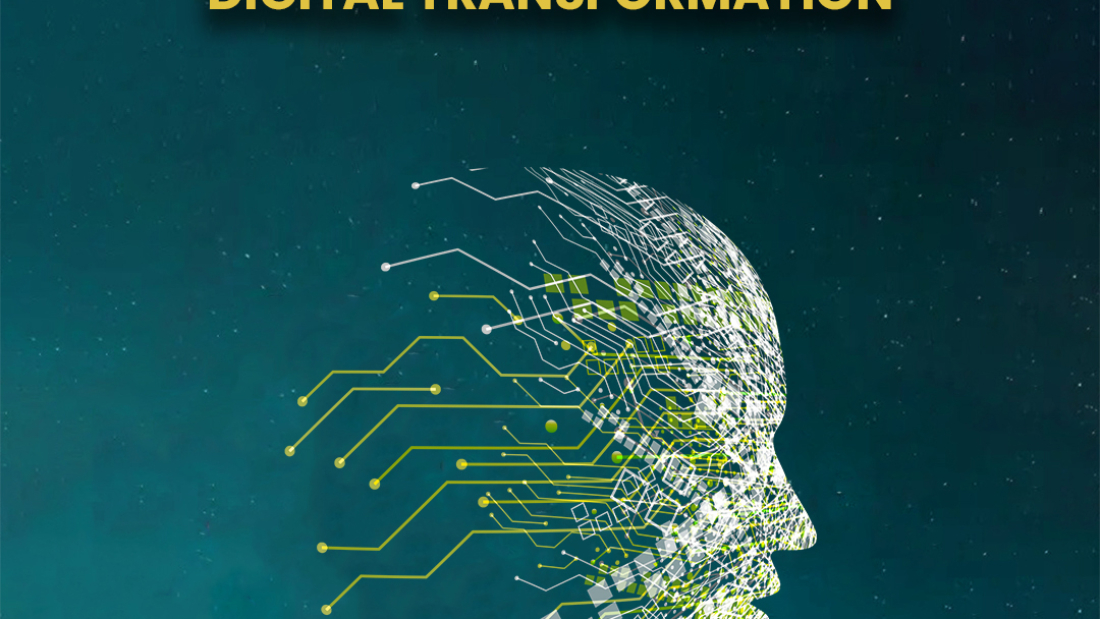These agencies are redefining the marketing landscape in the UK, delivering exceptional results and driving business growth for their clients. From digital marketing to traditional advertising, these companies offer a diverse range of services to help businesses of all sizes succeed in the competitive UK market. So, let’s dive into the top 10 marketing agencies in the UK and see what sets them apart from the rest.
Let’s Discover the Top 10 Marketing Agencies in the UK
Marketing agencies are vital partners for businesses across the globe. These agencies help companies to create and implement marketing strategies that can boost brand awareness, generate leads, and ultimately drive revenue. As the world becomes increasingly digital, marketing agencies are taking advantage of technological advancements to provide even more effective marketing solutions.
The marketing industry in the UK is particularly dynamic, with numerous top players competing for market share. In this blog, we will examine the top 10 marketing agencies in the UK, ranked by their revenue, scale, and impact on the market. By understanding these industry leaders, businesses can make informed decisions about which marketing agency is best suited to their needs.
So Here is the list of the top 10 marketing agencies in the UK:
- Wunderman Thompson
Wunderman Thompson is a global marketing agency with over 90 markets worldwide. Services:
They offer end-to-end marketing solutions for clients, including strategy, creative, technology, and analytics.
Clients:
With a focus on delivering impactful customer experiences, they’ve worked with leading brands such as Microsoft, Nestle, and Samsung.
In 2020, the agency was named a Leader in Gartner’s Magic Quadrant for Global Marketing Agencies
- Ogilvy
Ogilvy is one of the world’s largest marketing communications companies, with a team of over 10,000 professionals across 131 offices worldwide.
Services
They offer a wide range of marketing services, including brand strategy, creative, media planning, and social media management.
Clients
With a client portfolio that includes Coca-Cola, Ford, and Unilever, Ogilvy is a trusted partner for businesses looking to grow their brand.
The agency has won numerous awards, including 25 Cannes Lions in 2019.
- Mindshare
Mindshare is a global media agency with a strong focus on data and insights.
Services
They offer media planning and buying services across all channels, including digital, TV, and print.
Clients
With over 9,000 employees across 86 countries, Mindshare has worked with leading brands such as Nike, Unilever, and HSBC.
- Zplus Service
Zplus is a full-service marketing agency that specializes in creating custom marketing strategies tailored to the unique needs of each client. With a focus on building long-lasting relationships with their clients, Zplus strives to deliver measurable results and help businesses grow and succeed in today’s competitive market.
Services
Their team of experts provides a wide range of services, including brand development, digital marketing, social media management, content creation, SEO optimization, and PPC advertising.
Clients
There are a huge number of clients of Zplus because they provide attention to detail on challenging changes to make sure tier clients are happy with their services.
- Jellyfish
Jellyfish is a full-service digital marketing agency with offices in the UK, US, and Europe.
Services
They specialize in SEO, PPC, social media, and web development, providing customized solutions for clients of all sizes.
Clients
With clients such as Uber, Spotify, and Nestle, Jellyfish has a proven track record of delivering results-driven campaigns.
- Havas
Havas is a leading integrated marketing communications agency with a focus on creativity and innovation.
Services
They offer a wide range of services, including advertising, PR, digital, and experiential marketing.
Clients
With a client portfolio that includes BMW, Air France, and McDonald’s, Havas is a go-to agency for businesses looking for impactful marketing solutions.
- VCCP
VCCP is an integrated advertising agency.
Services
It offers a range of services, including brand strategy, creative, and media planning.
Clients
With a client portfolio that includes O2, Compare the Market and easyJet, VCCP has a proven track record of delivering effective campaigns that drive results.
- M&C Saatchi
M&C Saatchi is a global communications agency with a focus on creativity and strategy.
Services
They offer a range of services, including advertising, PR, and digital marketing.
Clients
With clients such as Google, Lexus, and BT, M&C Saatchi is a trusted partner for businesses looking to stand out in a crowded market.
- The Social Chain
The Social Chain is a social media marketing agency that specializes in creating viral content and building engaged communities.
Services
They offer a range of services, including social media strategy, influencer marketing, and content creation.
Clients
With clients such as Superdry, Amazon, and Coca-Cola, The Social Chain has a proven track record of delivering campaigns that go viral.
- Born Social
Born Social is a social media agency that focuses on delivering creative and engaging social media campaigns for clients.
Services
They specialize in strategy, content creation, and social media management, helping businesses to connect with their audience on a deeper level.
Clients
With clients such as Asos, Benefit, and Lucozade, Born Social is a trusted partner for businesses looking to build their brands on social media.
FAQs
What types of clients do marketing agencies work with?
Marketing agencies work with clients of all sizes, including small businesses, startups, and large corporations across various industries, such as technology, healthcare, finance, and consumer goods.
What kind of results can I expect from working with a marketing agency?
Working with a marketing agency can lead to various results, such as increased brand awareness, customer engagement, website traffic, sales, and revenue. However, the results may vary depending on your business goals, industry, competition, and other factors.
How do I choose the right marketing agency for my business?
To choose the right marketing agency for your business, consider factors such as their experience in your industry, their portfolio of work, their pricing structure, their team’s expertise, and their communication style. It is also important to meet with potential agencies to determine if their values and approach align with your business goals.
- Determine Your Marketing Needs and Goals:
This involves identifying your business’s specific marketing needs and goals, such as increasing brand awareness, generating leads, or improving customer engagement. Defining these needs and goals will help you identify the type of agency you need to work with.
- Research and Shortlist Potential Agencies:
Conduct thorough research and create a shortlist of potential agencies that align with your business needs and goals. Consider factors such as their industry expertise, location, and client portfolio.
- Evaluate Agency Expertise and Experience:
Evaluate the expertise and experience of each agency on your shortlist. Look at their team’s skills, qualifications, industry certifications, and overall track record.
- Review Agency Case Studies and Portfolio:
Review the agency’s case studies and portfolio to get a better understanding of their work and the results they have achieved for other clients. This will give you an idea of the agency’s strengths and whether they can meet your marketing needs.
- Consider Agency Size and Location:
Consider the size and location of the agency, as this can affect the level of support and resources they can provide to your business. A smaller agency may offer a more personalized approach, while a larger agency may have more resources and experience.
- Assess Agency Communication and Collaboration:
Assess the agency’s communication and collaboration style. This is crucial for effective teamwork, so make sure you’re comfortable with the way they communicate and collaborate with clients.
- Determine Agency Cost and Budget:
Determine the agency’s cost and how it aligns with your budget. Ask for a breakdown of their pricing and ensure no hidden costs.
- 8. Ask for Referrals and Client Reviews:
Ask the agency for referrals or client reviews to get a better understanding of their working relationships and the results they have achieved for other clients.
- Schedule Agency Interviews and Presentations:
Schedule interviews and presentations with the agencies on your shortlist to get a better understanding of their capabilities and approach.
- Make an Informed Decision Based on Fit and Capability:
Based on your evaluation of each agency’s expertise, experience, communication, and budget, choose the agency that best fits your business needs and goals. Compatibility and chemistry are also important factors, so choose an agency you feel comfortable working with.
- In today’s digital age, businesses are facing tough competition to reach their target audience effectively. By partnering with a top marketing agency, companies can gain a competitive edge and achieve their marketing goals efficiently. With the right marketing agency, businesses can experience significant increases in customer engagement, brand recognition, and revenue growth. Research shows that companies that partner with the right marketing agency have reported a 47% increase in customer acquisition and a 25% increase in customer retention.
To achieve marketing success, businesses must research and select the best agency that aligns with their values and goals. Contact us today to learn how Zplus marketing expertise can benefit your business and help you stand out in a competitive market. With our proven track record of delivering results-driven campaigns, we can help your business to grow and succeed.



